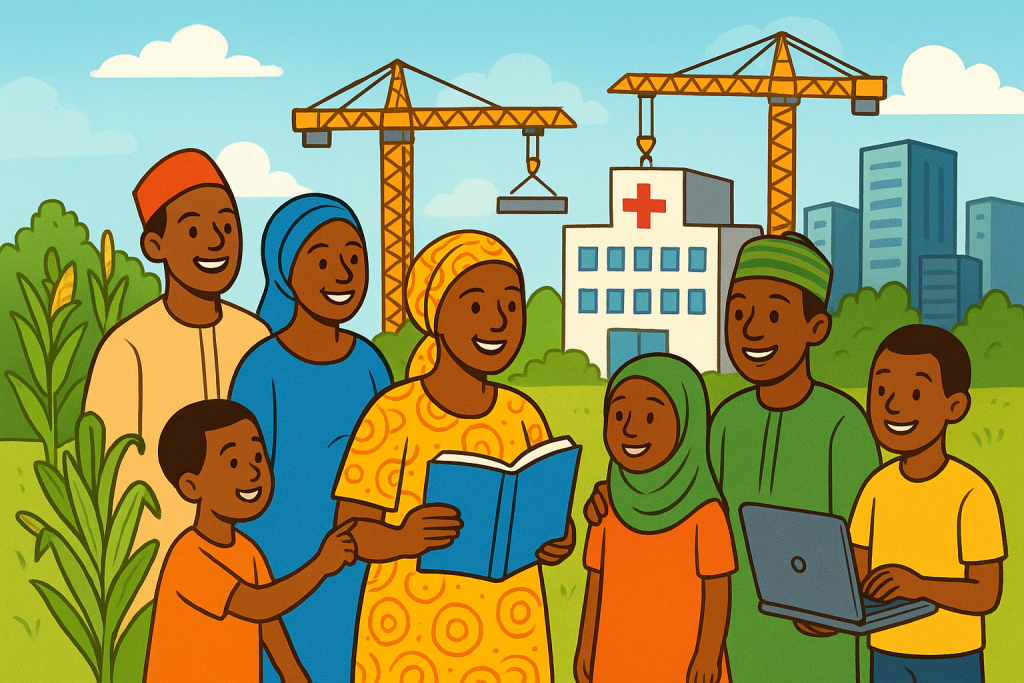Nigeria is expected to receive fresh support from the World Bank as the institution prepares to approve loans totaling $1.75 billion before the end of 2025. This development, highlighted by data from the World Bank and recent reports in Punch Newspaper, comes at a crucial time as the country faces mounting economic and developmental challenges.
What the Loan Covers
The new financing is aimed at supporting a range of key sectors in Nigeria. According to reports, the funds will focus on:
Education and Human Capital – investments to improve learning outcomes and access to quality education.
Agriculture and Food Security – programs designed to strengthen local food production and reduce hunger.
Digital Infrastructure – expansion of digital access and technology-based services.
Health and Social Safety Nets – projects to enhance public health preparedness and provide assistance to vulnerable communities.
Earlier this year, in April 2025, the World Bank already approved $1.08 billion in funding for Nigeria, targeting education, nutrition, and economic resilience programs. Additional approvals, such as the recently confirmed $65 million for the SPESSE project (which focuses on strengthening institutional capacity), bring the total commitments close to the projected $1.75 billion.
Why This Matters
Nigeria, Africa’s most populous country, is grappling with rising inflation, food insecurity, and infrastructural deficits. The government has acknowledged that international support remains crucial to stabilize the economy while long-term reforms take root.
Analysts suggest that the World Bank’s involvement could help:
Reduce pressure on Nigeria’s budget.
Strengthen development projects in underserved communities.
Provide relief to millions struggling with poverty and hunger.
Government and Public Reaction
Officials in Abuja have welcomed the news, noting that the loans will help close critical funding gaps in areas such as agriculture, education, and poverty alleviation. Civil society groups, however, caution that Nigeria’s growing debt profile must be carefully managed to avoid future repayment challenges.
Meanwhile, citizens hope the financing will translate into tangible improvements in their daily lives, from better schools and healthcare facilities to more affordable food supplies.
The Road Ahead
With approvals expected before the year ends, the spotlight will now be on how efficiently the funds are disbursed and monitored. Experts argue that transparency and accountability will be key in ensuring that the loans deliver real impact.
For Nigeria, the upcoming World Bank financing represents both an opportunity and a challenge: the chance to accelerate development, but also the responsibility to ensure that borrowed funds are used wisely.



